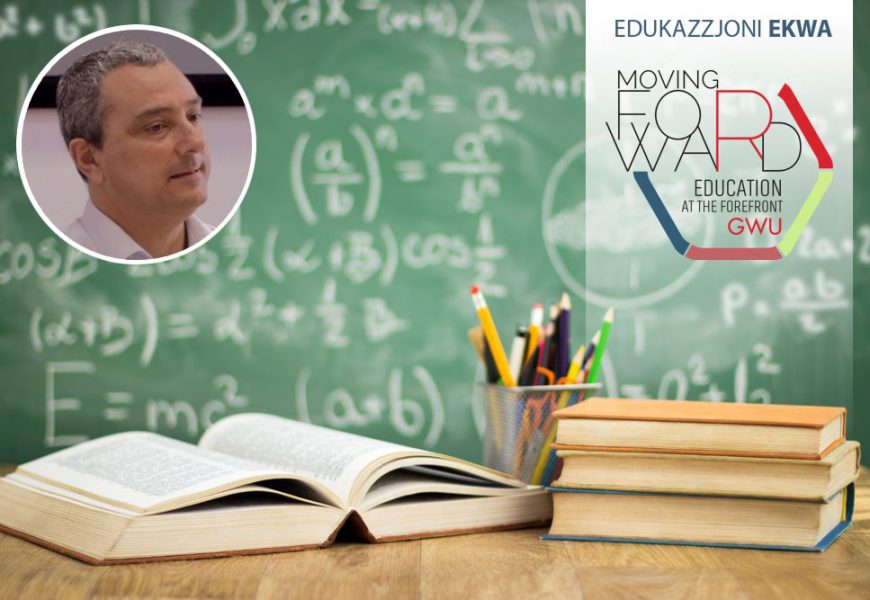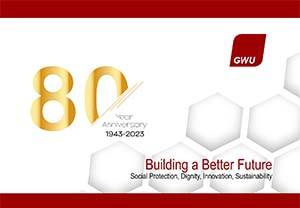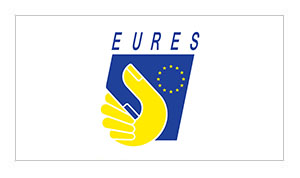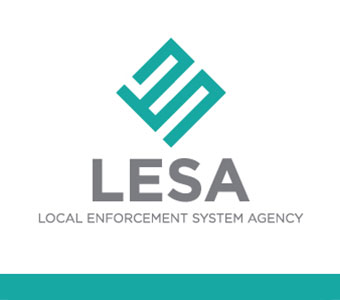We often hear the word meritocracy. Politicians use it to outdo each other in heated debates about nepotism and patronage in politics. Civil society does not shy away from this debate and often criticizes the political class for abuse of power when politicians put political loyalty and voter interests above merit.
Many assume that merit is a purely personal phenomenon; a combination of the person’s natural talent, motivation, striving, and hard work. With this reasoning, the person is seen as fully responsible for getting ahead in life, and then when they don’t get there, they are hastily blamed.
In my thirty-three years of professional life, I have met many people who claim that man falls short or fails in the opportunities here because he has a wrong attitude, because he is careless, or because he has never paid attention. The mailbox is full of beliefs and half-hearted explanations as to why people fail in the race of life; explanations from which, with a little intellectual wisdom, one should realize that not everyone begins life on the same line, nor continues it with the same privileges and resources.
Merit has a context. Context can never be neutral, and as liberating and emancipating as it can be, it can also erase and limit. Therefore, it would be a mistake to use the word meritocracy without understanding its limitations.
Historically, the concept of meritocracy in liberal environments has not only failed to bring justice but has sometimes helped to perpetuate social injustice. In education, many around the world have opened the doors of free schools, the most important historical development, believing that they have solved the accessibility challenge, and have assured themselves that they have realised the project of social justice. They likened the policy of equal opportunity for all to open doors through which all can enter. They condemned as bankrupt those who, in their eyes, would not enter through the open doors. They linked the concept of opportunity for all to meritocracy, arguing that those who wanted to be succeeded and that those who succeeded deserved, by the law of meritocracy, the privilege of being the first to bear the fruits of labour. They have taken advantage of those who come from disadvantaged backgrounds and have succeeded in reinforcing the idea that the will transcends the environment and overcomes any gate or wall that life can erect, ignoring the millions who come from the same difficult environments and are rejected by the educational process and society. In the world of dreams and possibilities, everything depends on the person, their determination and how far one wants to go and succeed.

Millions took the bait that they are unable to learn and that school did what it could, and they had rejected the offer that their destiny was written to make them happy and that if everyone got an education, no one would do certain jobs. A lie that thousands in our country believed accepted and made this the comfort of their lives. A lie they heard from everywhere. Believe it or not, it was told by adults to children and young people who looked up to them, trusted them, and saw them as role models. Significant adults hearing this speech throughout their school years is a sign that there is some truth to it. Once this speech is believed, it is likely to remain the command to form and lead.
In education, meritocracy often overlooks the fact that there is a correlation between family wealth and academic success. Statistically, Malta has one of the strongest correlations in this regard. Family economic capital, social and cultural capital still make a big difference to children’s academic success, although this is not always the case. The fact that children and young people from low socio-economic backgrounds are equally represented in the statistics of school leavers.
without basic skills, in the statistics of young people who are neither in education nor training, and in the list of low-skilled, precarious, and poverty-stricken adults are all indications of how much educational success exceeds man’s will and how dubious his meritocracy and assumptions are. The fact that a number of countries have managed to reduce this correlation between academic success and family background shows that there is nothing natural about this correlation and that the reasons for the lack We discover them not only by finding out the deficits in the person, but by thinking critically about the structures of society, the investments we make, the quality of the services we provide, the same services, the work we do with families and in the community, and our collective expectations and attitudes. The critical reflection must always be linked to a commitment to effective, surgical and efficient action.
To truly appreciate the limitations of the concept of meritocracy, we must understand that there are vast differences in circumstances that can hinder (or promote) success. For example, there is a difference between children who live in families where every day is a struggle due to precarious economic circumstances, the impact of issues ranging from mental health problems and severe disabilities to housing or addiction problems, and children who live in an economically strong, socially connected family with parents with strong educational backgrounds and a focus on their children’s education. How can we talk about meritocracy and link merit exclusively to personal effort when there are so many people who remain structurally at the bottom? How can we talk about meritocracy and see life as purely personal competition when the social, economic and cultural gaps are still so wide?

The pandemic made these differences even more apparent. In education, when the pandemic forced the closure of schools, children became more dependent than ever on family resources. From local and international research in recent months, all indications are that the economic capital of the family, expressed in educational resources at home, space for children to learn in peace, and present parents who have the will, time, and ability to help their children, has a strong influence on children’s educational lives. For those who want to see it, the pandemic highlighted how many children and families rely on the state and charities for food. The move also shone a light on the digital divide and the challenge of housing. COVID -19 showed us how many children there are that no education or social radar will catch.
The pandemic should be a moment of reflection in which partners from all walks of life who have a stake in social justice come together to consider how the country can close the social and economic divide and strengthen equity. social. This reflection will take place in the area of social policy.
This will take place on March 11 at the invitation of the GWU. A range of speakers from different areas of education, from early childhood to higher education, will come together to discuss how the education sector is responding to the call for greater equity in our country and to ask each other what more we can do in education so that social inequality does not continue to grow.













